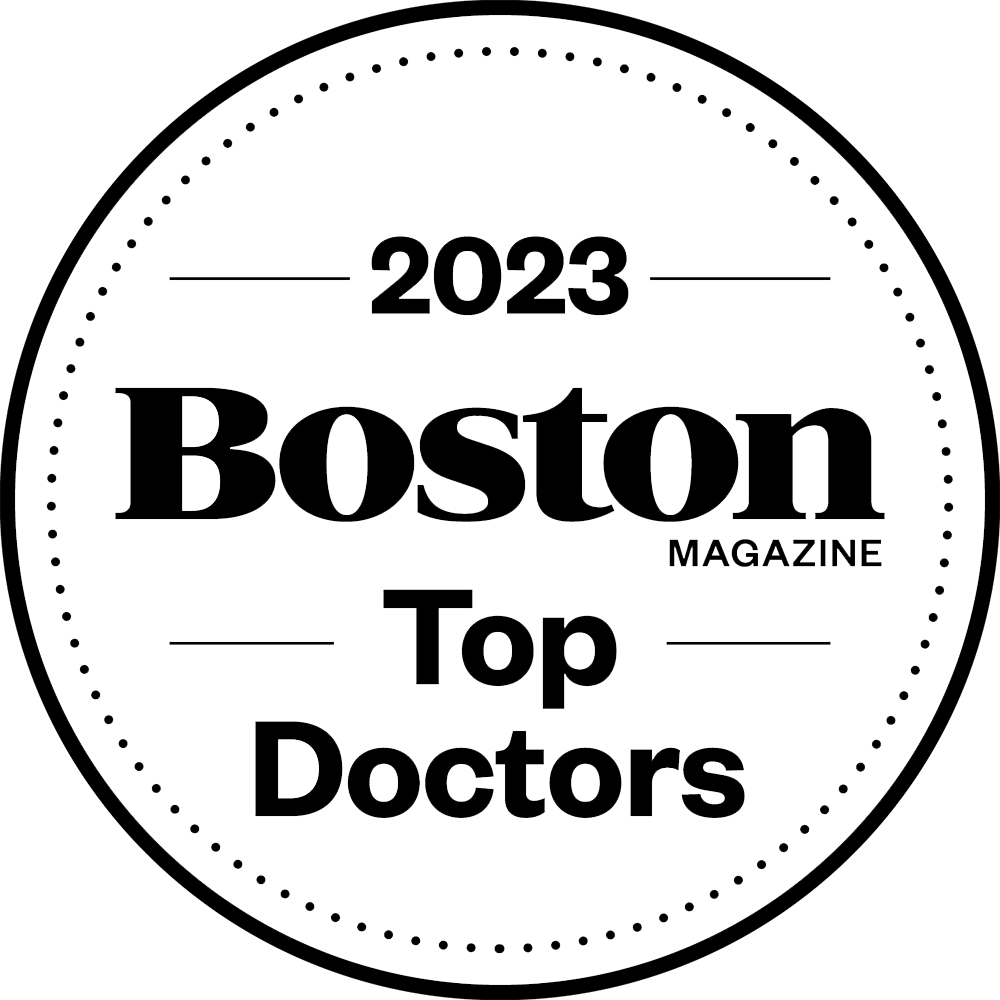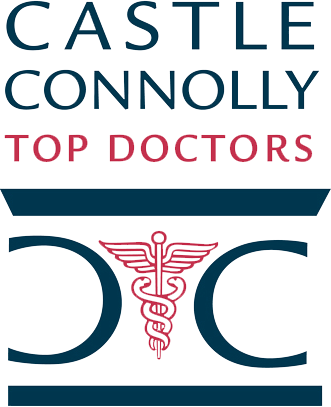97% of all people who qualify for genetic testing never get tested. We strongly believe in cancer prevention. Whether you are coming in specifically to discuss genetic testing or you are being seen for another reason, every single patient who comes to New England Breast and Wellness undergoes a cancer risk screening and assessment at their first visit. If you require genetic testing in Boston, we are able to perform this the same day you are seen.
Up to 10% of all breast cancers are caused by gene mutations passed down from a parent, i.e., inherited gene mutation. If you have an inherited gene mutation, your lifetime risk of breast cancer increases by up to 50% or more, depending on the specific gene mutation. Mutations can occur in numerous genes, but BRCA1 and BRCA2 gene mutations are the most common sources of breast cancer. At New England Breast and Wellness, genetic testing in Boston allows your doctor to identify inherited gene mutations in specific genes. In the past, genetic testing only identified BRCA1 and BRCA2 gene mutations, but we run the largest expanded panel testing to evaluate over 70 gene mutations. People with a higher risk of inherited gene mutation should undergo genetic testing because it helps us curate a comprehensive breast cancer risk mitigation program.







